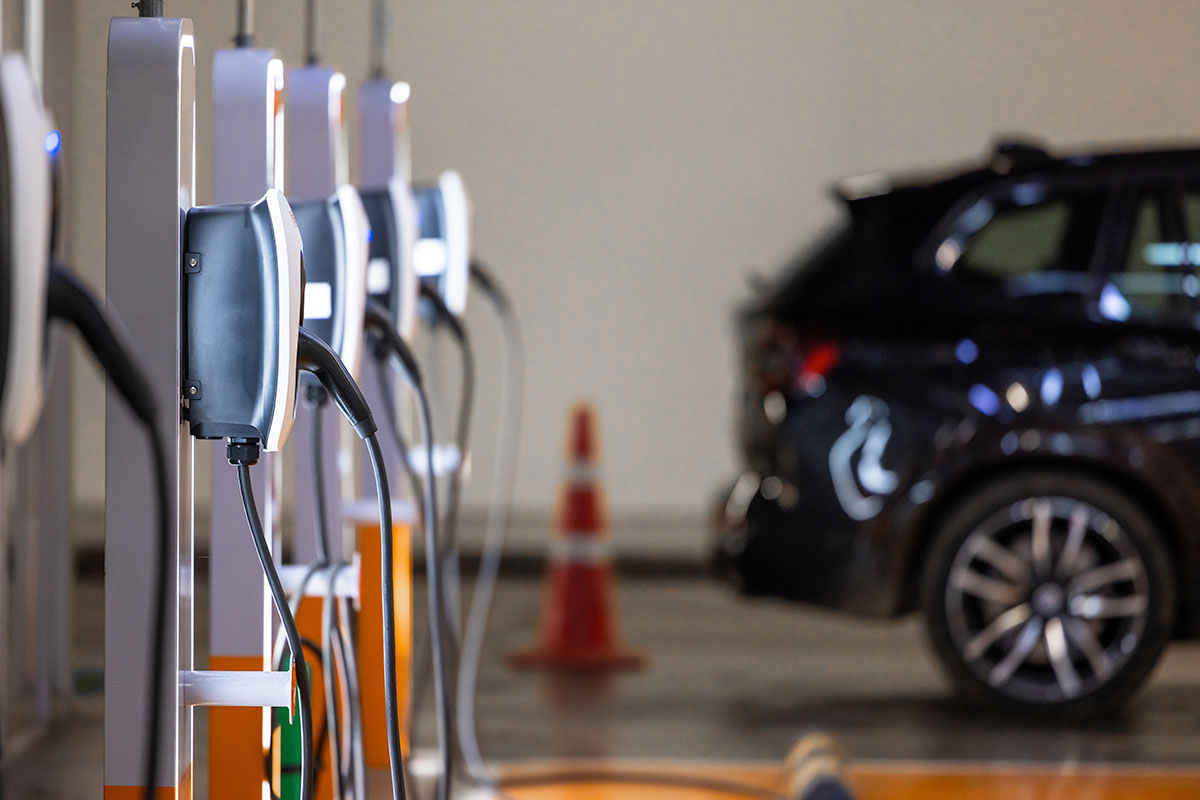Prime Minister Keir Starmer has announced a major update to the ZEV mandate, with hybrid vehicles given a slightly longer stay of execution, despite the confirmation that the sale of new petrol and diesel cars will be phased-out from 2030.
In a move that the UK Government is hoping will help safeguard the UK’s car manufacturers from the newly-implemented tariffs in the United States, the ZEV mandate will be updated to ensure that those manufacturers won’t be hit with fines for failing to meet quotas for the sales of electric vehicles. Additionally, hybrid vehicles will be allowed to be sold until 2035.
Fines for car companies missing ZEV mandate quota relaxed
Car manufacturers are expected to sell more and more electric vehicles each year in the run-up to the ban on the sale of new petrol and diesel vehicles in 2030. In 2025, electric vehicles must make up 28% of all car sales for each manufacturer to avoid fines. If those targets were missed, car manufacturers would have been subject to fines of £15,000 per vehicle – a potentially huge cost to the UK’s car industry at a time when they’re also battling new tariffs from the US.
While the phase-out of petrol and diesel cars is set to continue, with targets rising to 33% in 2026, 38% in 2027, before jumping to 52% in 2028, the fines are to be cut. In a speech to workers at the Jaguar Land Rover factory in the West Midlands, Starmer set out plans to set fines at £12,000 per vehicle and vowed to spend every penny of money received from fines on the UK’s car manufacturing industry.
It’s also still possible that the UK Government makes another u-turn on fines ahead of the 2030 deadline, especially with car manufacturers concerned with the trajectory of EV sales ahead of a significant increase in the sales target to avoid fines. Starmer has already suggested that firms could sell more efficient combustion engines as another way they could avoid fines.
Hybrids and plug-in hybrids to remain on market until 2035
One area the UK Government has already made a u-turn is by giving hybrid vehicles a stay of execution. While it had been expected that hybrid vehicles would be phased out at the same time as new petrol and diesel vehicles in 2030, the Government has announced they will now remain on the market until 2035.
The Government has said by allowing hybrids to remain on the market, it will give car manufacturers an easier transition. Although Starmer has also stated how the UK will need to be in the global race to become an EV superpower – with China currently taking the lead – and therefore cannot completely abandon the upcoming ZEV mandate. In fact, just today Chinese giant BYD announced that it had sold more vehicles in the UK during Q1 2025 than it did throughout the entirety of 2024.
How has the industry reacted to changes to the ZEV mandate?
While the news that the ZEV mandate was being relaxed was welcomed by many car manufacturers, with Mike Hawes, Chief Executive of the Society of Motor Manufacturers and Traders, noting that the changes were “very much needed,” the same can’t be said for those investing in EV charging infrastructure.
Adrian Fielden-Gray, COO of Be.EV, commented, “Today’s news is yet another example of there being too much ‘stick’ and not enough ‘carrot’ when it comes to EVs. The Government keeps thinking about car manufacturers, but they need to instead focus on incentives for drivers making the switch to electric.
“Whilst there are references to £2.3 billion and helping ‘working people’, we are crucially missing the detail of this. In practice, the EV driver keeps losing out. In the last few years, they’ve lost the home charging grant, they’ve lost purchasing grants, and most recently they’ve lost the exemption on vehicle excise duty. At a time where people are hesitating to switch, focus should be put on incentives and helping them make the transition to electric easier than ever.
“The Government has the power to make the 2030/2035 target redundant if they shift their focus to creating more incentives to make EVs more attractive to consumers. By making EVs an obvious choice for consumers, rather than a mandated shift, the Government can increase the shift towards net zero and provide a revenue boost for British manufacturers.”

